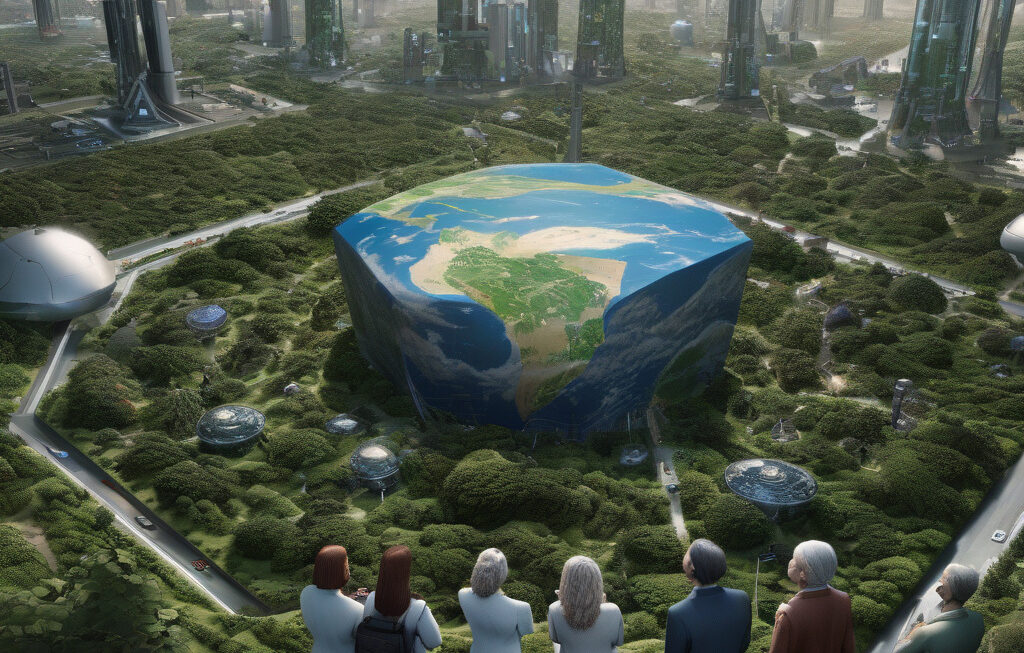Finnish Researcher Turns Industrial Waste into Cleaner Marine and Off-Road Fuel
A Finnish researcher has found that fuels derived from waste and industrial by-products have the potential to revolutionize the way we power our vehicles and machinery. By upcycling materials that would otherwise end up in landfills or harm the environment, this innovative approach not only reduces waste but also produces cleaner and more sustainable fuel options for marine vessels and off-road vehicles.
One of the key benefits of this breakthrough is the significant reduction in greenhouse gas emissions. Traditional fossil fuels contribute to climate change by releasing harmful CO2 and other pollutants into the atmosphere when burned. In contrast, fuels made from industrial waste have a lower carbon footprint since they utilize materials that have already been produced, reducing the need for new extraction and processing.
Moreover, these alternative fuels can help address the pressing issue of plastic waste. Plastics are notoriously difficult to recycle and often end up polluting oceans and natural habitats. By converting plastic waste into fuel, not only are we preventing it from harming the environment, but we are also creating a valuable energy source in the process.
The versatility of these waste-derived fuels is another compelling aspect of this research. From powering ships that navigate our oceans to fueling heavy-duty off-road vehicles used in construction and mining, the applications are vast. This flexibility is crucial as we seek to transition towards a more sustainable future without compromising on the performance and functionality of the machinery we rely on.
Furthermore, the economic implications of this innovation are promising. As the world shifts towards a circular economy model that prioritizes resource efficiency and waste reduction, industries that can repurpose waste into valuable products will be at the forefront. By investing in research and technology that enables the conversion of industrial by-products into high-quality fuels, countries can not only reduce their dependence on imported fossil fuels but also create new economic opportunities domestically.
It is essential to highlight the role of research and collaboration in driving such advancements. The Finnish researcher’s work underscores the importance of interdisciplinary cooperation between scientists, engineers, policymakers, and industry stakeholders. By pooling their expertise and resources, they can tackle complex challenges such as waste management, energy security, and environmental sustainability more effectively.
As we look to the future, initiatives like turning industrial waste into cleaner fuels represent a beacon of hope amidst the climate crisis. By harnessing the power of innovation and ingenuity, we can transform seemingly insurmountable problems into opportunities for progress and positive change. The journey towards a greener, more sustainable world begins with small steps, and each discovery, like this one, paves the way for a cleaner and brighter tomorrow.
In conclusion, the Finnish researcher’s breakthrough in converting industrial waste into cleaner marine and off-road fuel offers a glimpse into a more sustainable future. By leveraging waste as a resource and reimagining its potential, we can create a circular economy where nothing goes to waste, and everything serves a purpose in building a cleaner, healthier planet for generations to come.
sustainability, innovation, waste management, alternative fuels, circular economy












